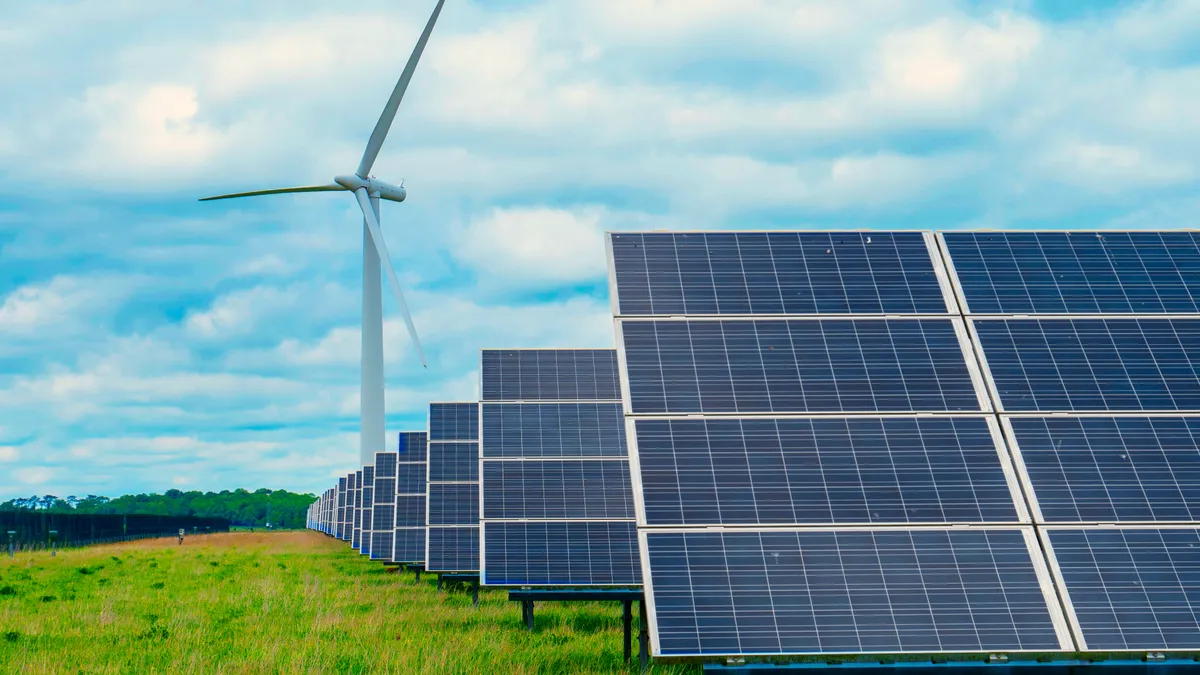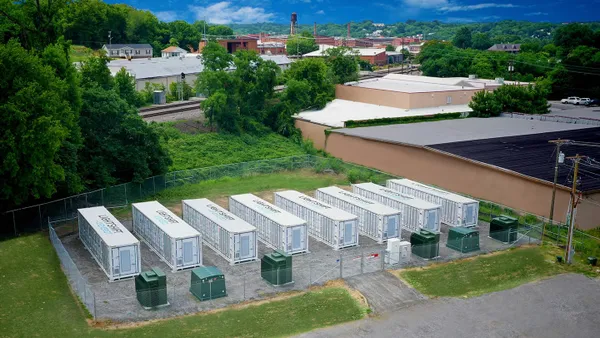The U.S Department of Energy on Wednesday announced it will make $30 million available to fund research, development, and demonstration projects focused on improving the cybersecurity of clean energy resources.
Selected projects will focus on inverter-based resources, smart meters, sensors and control systems, virtual power plants, known as VPPs, cloud-based systems and distributed resource aggregations, DOE said. The funds will be administered through the agency’s Office of Cybersecurity, Energy Security, and Emergency Response, which expects to select approximately 10 projects.
“This funding helps ensure that the next-generation clean energy infrastructure is built with cybersecurity in mind,” CESER Director Puesh Kumar said in a statement.
DOE said projects should focus on four primary areas:
- The ability to perform “forensic analysis” on renewable energy components such as smart meters, sensors, and control systems;
- Improvements to the security of inverter-based resources, like wind, solar and battery storage, with a focus on controllers and inverter control systems;
- Bolstering communications security of distributed energy resources and aggregations of DERs; and
- Strengthening the protection of VPPs and the cloud-based infrastructure that allows them to operate.
Aggregations of distributed energy resources can help keep the grid reliable and save consumers money, experts say. A DOE analysis published in September found that roughly tripling VPP capacity in the U.S. to 80 GW to 160 GW by 2030 could save about $10 billion a year in grid costs.
On the topic of virtual power plants, DOE’s announcement said it is requesting research “to develop a tool or technology that reduces cyber-risk on VPP communication and control systems by automatically recognizing a cyber-attack and adapting operations to sustain critical actions while response actions mitigate the attack.”
The funding opportunity “could not be more important or timely as our nation transitions to the clean energy economy,” said DOE Under Secretary for Infrastructure David Crane. “This funding will drive the development of next generation cyber technologies ... while protecting our energy infrastructure from increasing cyber threats.”
DOE said it expects individual awards will not exceed $3 million, with the funding made available through the Infrastructure Investment and Jobs Act of 2021. Full applications are due March 18, and DOE expects to make project selections in August.














